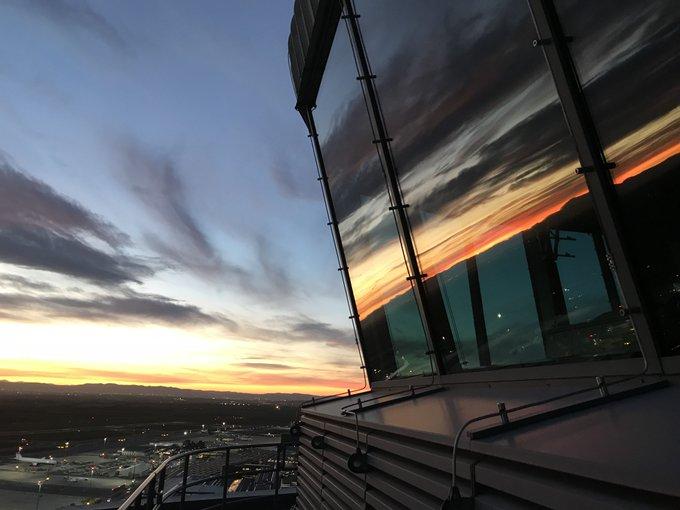
VIENNA–Air navigation service providers (ANSPs) must prepare to negotiate with airlines to reduce air traffic control (ATC) fees once traffic returns after the COVID-19 pandemic, Austro Control’s MD told Aviation Daily.
“We don’t know how many airlines will survive or what consolidation of the industry will look like. Pressure on our ATC fees have always been around, but I expect this pressure will increase,” Vienna-based ANSP Austro Control MD Valerie Hackl said in an exclusive interview.
Two to three percent of the overall costs of an airline are related to air navigation services, Hackl said. For Austro Control itself, 85% of the company’s income is generated with those fees.
ANSPs charge airlines for en-route fees as well as when approaching airports. An en-route fee via Austria is calculated by a unit rate. As an example: For an aircraft with a 50-ton maximum takeoff weight (MTOW) flying a route per 100 km (62 mi.), the unit rate is €59 ($65). The fee to approach airports, so-called terminal charges, is calculated at a unit rate of €207.
Austro Control is one of about 40 ANSPs in Europe. The coronavirus pandemic has led to a 90% decline in the number of daily flights operating in European airspace.
On a normal day in pre-crisis times, up to 35,000 aircraft fly over Europe; that number is currently around 3,500.
“We have our own financial challenges these days; our daily business has changed dramatically,” Hackl said.
Regarding Austria’s airspace, around 3,000 aircraft a day usually overfly the country; Vienna handled around 800 daily takeoffs and landings. “But currently only around 300 aircraft a day overfly Austria [and] in Vienna there are around 20 movements per day. We are currently 90% below our normal level, on some days even lower,” Hackl said.
Hackl said the recent agreement by Eurocontrol’s member states—which allows airlines to defer payment of up to €1.1 billion ($1.2 billion) in ATC fees in the coming months—is an acceptable solution.
“For example, our ATC fees from March, April, May and June this year will be paid one year later. So this will be not a total financial loss for us. In return, we have funding opportunities of 50% of the related costs,” Hackl said.
Seventy percent of Austro Control‘s costs are related to its 1,100 employees, including 350 air traffic controllers.
Austro Control is 100% state-owned. “However, we cannot rely on the state to step in with financial support; we have to manage the economic crisis ourselves.”
“Volatility in demand has always been a challenge for air navigation service providers, but this crisis is totally different,” Hackl said.





